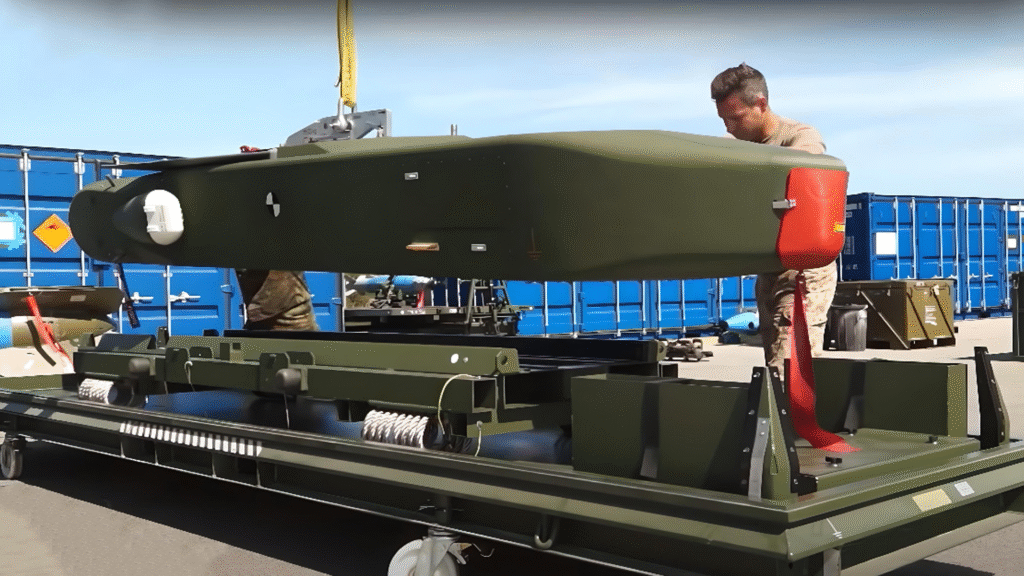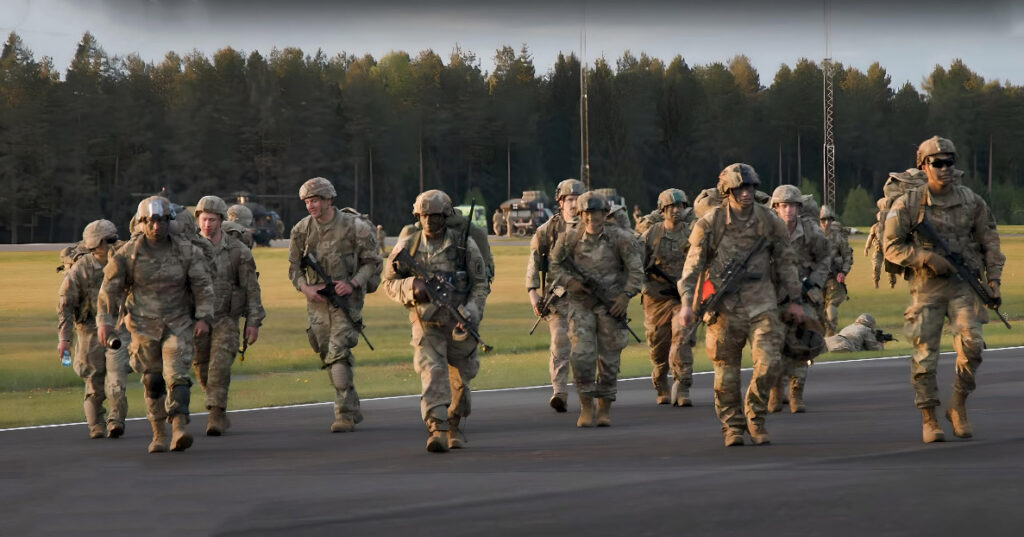Berlin, May 31, 2025 — Germany finds itself at a critical juncture, caught between its ambitious foreign policy commitments and the weight of domestic realities. The newly elected government under Chancellor Friedrich Merz swept into office with bold promises of unwavering support for Ukraine, but just weeks into its term, a contentious debate over supplying Taurus long-range cruise missiles has exposed deep divisions and raised questions about Germany’s evolving role in global politics.
The proposed transfer of Taurus missiles, capable of striking targets deep within enemy territory, was initially championed by Merz as a cornerstone of Germany’s commitment to Ukraine’s defense. However, the initiative has stalled, mired in political and economic concerns. According to Euronews, the primary roadblock is Finance Minister Lars Klingbeil, a prominent figure from the opposition Social Democratic Party (SPD), whose parliamentary influence has proven stronger than anticipated. Klingbeil has voiced strong reservations, citing the prohibitive cost of the missiles—each priced at over €1 million—and Germany’s strained federal budget. He also highlighted the risks of escalation, warning that training Ukrainian forces to operate the missiles or deploying German specialists near conflict zones could draw Berlin into direct involvement. “Germany must not become a combatant in this war,” he stated in an interview with The Guardian.
This standoff is more than a logistical or budgetary dispute; it reflects a broader existential debate about Germany’s identity as a global power. For decades, the country’s foreign policy has been shaped by a post-World War II commitment to pacifism, with strict limits on military engagement and arms exports. Now, as the world watches Germany navigate its role in a volatile geopolitical landscape, the Taurus controversy underscores a tension between stepping up as a military leader in Europe and adhering to its historically cautious stance.
Merz, aware of the political tightrope, has proposed a compromise: a €5 billion investment in joint arms production with Ukraine. He frames it as a strategic move to bolster long-term European security while avoiding the immediate risks of missile transfers. “This is about building a sustainable architecture for peace and stability,” Merz said at a recent press conference. Yet critics, both at home and abroad, have dismissed the plan as insufficient. Ukrainian officials, desperate for immediate support, argue that such long-term projects do little to address their pressing battlefield needs. Meanwhile, German commentators, including Die Welt’s political analyst, have labeled the approach “strategic braking”—a calculated delay to balance external expectations with domestic anxieties.
The Taurus debate has also sparked a broader reckoning within Germany. Public opinion remains divided, with polls indicating that while many Germans support aiding Ukraine, there is growing unease about the economic and political costs. The country’s defense industry, once a quiet player, is now under pressure to expand, potentially reshaping Germany’s economy and its global image. Yet, the shadow of history looms large, with fears of militarization fueling skepticism among voters and lawmakers alike.
For Ukraine, the delay is a bitter pill. Representatives from the Verkhovna Rada have openly criticized Berlin, warning that Germany risks losing its standing as a reliable ally. “Words of support are not enough; we need action,” said a senior Ukrainian lawmaker in a statement to Reuters. This sentiment is echoed in NATO and EU circles, where Germany’s hesitation is seen as a potential crack in the alliance’s unity.
As Germany grapples with these challenges, the Taurus saga may prove to be a defining moment. It signals a nation wrestling with its past while navigating an uncertain future. By prioritizing national interests over alliance pressures, Germany is subtly reshaping its role in NATO and the EU, raising questions about how far it is willing to go to defend democratic values—not just at home, but across the continent and beyond. The world is watching, and Berlin’s next steps could redefine the balance of power in Europe for years to come.



